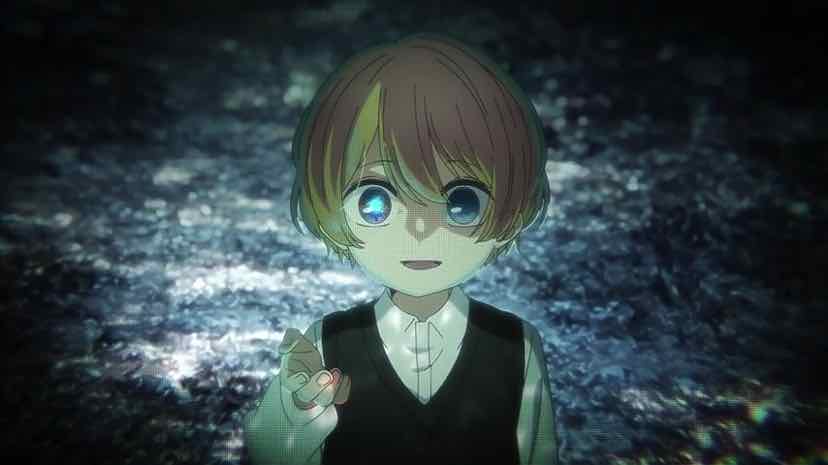 I’ll say this for the second season of Oshi no Ko. It can feel like an uphill struggle sometimes, but it’s managing to hold my engagement better than the first. There’s a simple reality I have to accept – some things are a lot more important to Akasaka Aka than they are to me. That’s not a criticism – in fact, it makes criticism in the literary sense more difficult. I don’t care that much about all his fanboy objects – the idol biz, 2.5D anime shows, self-important actors. But if I can get through the moments when he indulges his otaku side excessively, the rest of it can absolutely be an interesting work.
I’ll say this for the second season of Oshi no Ko. It can feel like an uphill struggle sometimes, but it’s managing to hold my engagement better than the first. There’s a simple reality I have to accept – some things are a lot more important to Akasaka Aka than they are to me. That’s not a criticism – in fact, it makes criticism in the literary sense more difficult. I don’t care that much about all his fanboy objects – the idol biz, 2.5D anime shows, self-important actors. But if I can get through the moments when he indulges his otaku side excessively, the rest of it can absolutely be an interesting work.
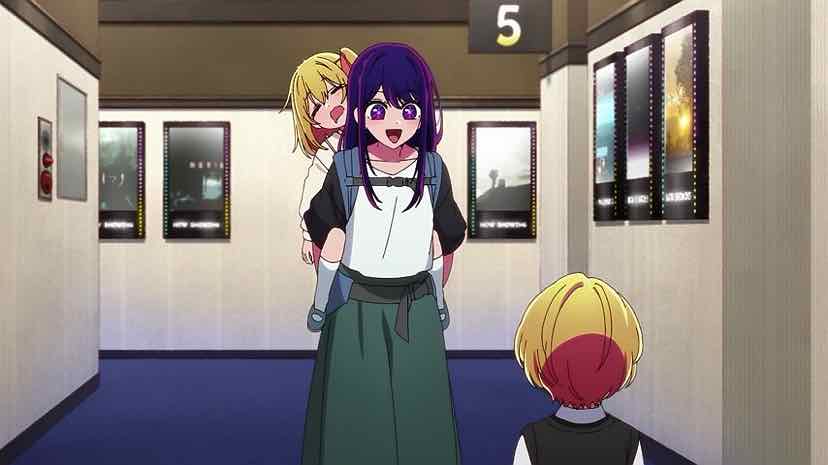 For all those reasons I found the B-part of this episode a lot more interesting, and that’s hardly the first time that sort of episodic split has happened here. The stuff with Aqua embracing his inner overactor was fine, but certainly telegraphed. We knew it was coming, we knew why it was coming. Embracing the pain he felt at losing Ai and imagining Princess Saya’s resurrection was hers was perfectly logical. Not the big emotional crescendo I suspect it was intended to be, but it made sense for the character and the moment.
For all those reasons I found the B-part of this episode a lot more interesting, and that’s hardly the first time that sort of episodic split has happened here. The stuff with Aqua embracing his inner overactor was fine, but certainly telegraphed. We knew it was coming, we knew why it was coming. Embracing the pain he felt at losing Ai and imagining Princess Saya’s resurrection was hers was perfectly logical. Not the big emotional crescendo I suspect it was intended to be, but it made sense for the character and the moment.
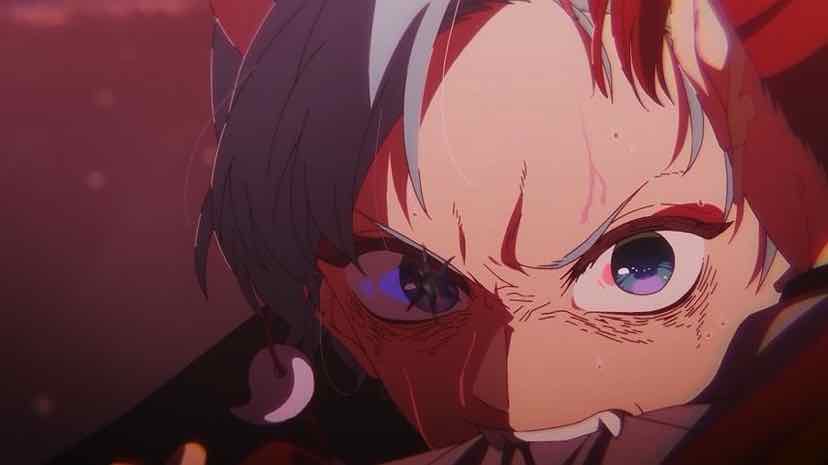 “Tokyo Blade” itself was a bore, and while I don’t believe Akasaka was trying to sell it as Citizen Kane or anything I do think this is one of those things he cares a lot more about. However I did like the extended – well, complete – inclusion of the curtain calls. The subtext there (especially from Kana) was fun. I also appreciate the fact that just when “Blade” is clearly out of gas for me as a narrative driver, Akasaka seems to be realizing that and mostly moving on from it. We may get a bit more of the production but it seems pretty clear TB has mostly fulfilled its role as a plot driver.
“Tokyo Blade” itself was a bore, and while I don’t believe Akasaka was trying to sell it as Citizen Kane or anything I do think this is one of those things he cares a lot more about. However I did like the extended – well, complete – inclusion of the curtain calls. The subtext there (especially from Kana) was fun. I also appreciate the fact that just when “Blade” is clearly out of gas for me as a narrative driver, Akasaka seems to be realizing that and mostly moving on from it. We may get a bit more of the production but it seems pretty clear TB has mostly fulfilled its role as a plot driver.
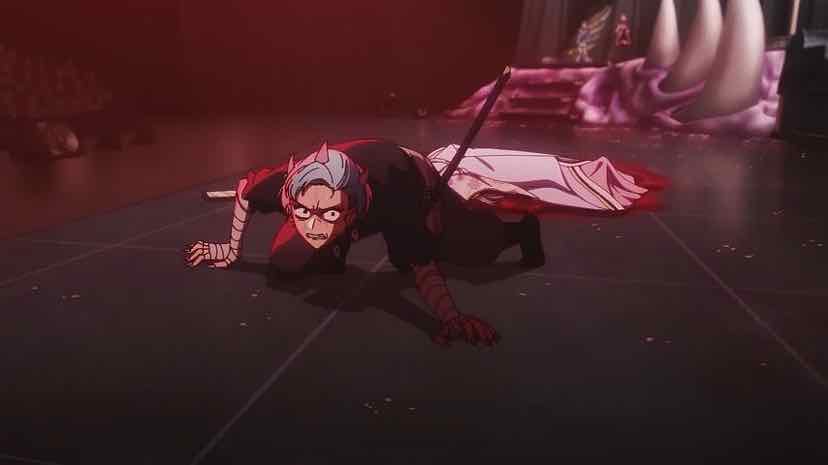 Then things get interesting, as we finally swivel towards the main story. At some presumably recent point Aqua has gotten his DNA report back – possibly from an underground lab, as a proper one wouldn’t be giving DNA results on subjects without their consent. It looks for a moment as if Kindaichi the director is the critical figure – Aqua certainly shows great interest in him and joins the cast for yakiniku when Kindaichi lets himself be dragged along. And he promptly plants himself next to Kindaichi at the table and starts grilling him like the ribeye in front of them, especially when Kindaichi starts talking about a “mistake” in the past, near the beginning of Lala Lai.
Then things get interesting, as we finally swivel towards the main story. At some presumably recent point Aqua has gotten his DNA report back – possibly from an underground lab, as a proper one wouldn’t be giving DNA results on subjects without their consent. It looks for a moment as if Kindaichi the director is the critical figure – Aqua certainly shows great interest in him and joins the cast for yakiniku when Kindaichi lets himself be dragged along. And he promptly plants himself next to Kindaichi at the table and starts grilling him like the ribeye in front of them, especially when Kindaichi starts talking about a “mistake” in the past, near the beginning of Lala Lai.
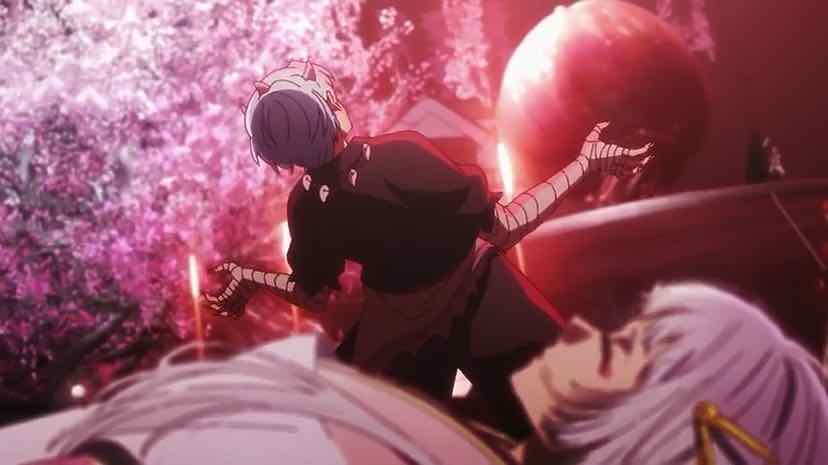 But when Aqua finally drops the bomb, the shockwave takes an unexpected direction. Himekawa has offered to get the director drunk and get the truth out of him (kudos for the “Wild Chicken” bottle, which is a mockup of a dusty Wild Turkey 12 year bottle from the 90s), as he says he’s curious about his youthful indiscretion too. And there’s a connection there – Kindaichi seems to have semi-raised Himekawa, who grew up in a children’s home. That gives him an interesting parallel with Aqua. A parallel which becomes even more coincidental when Aqua tells him (after the director has passed out) that the two of them are half-brothers, with the same father.
But when Aqua finally drops the bomb, the shockwave takes an unexpected direction. Himekawa has offered to get the director drunk and get the truth out of him (kudos for the “Wild Chicken” bottle, which is a mockup of a dusty Wild Turkey 12 year bottle from the 90s), as he says he’s curious about his youthful indiscretion too. And there’s a connection there – Kindaichi seems to have semi-raised Himekawa, who grew up in a children’s home. That gives him an interesting parallel with Aqua. A parallel which becomes even more coincidental when Aqua tells him (after the director has passed out) that the two of them are half-brothers, with the same father.
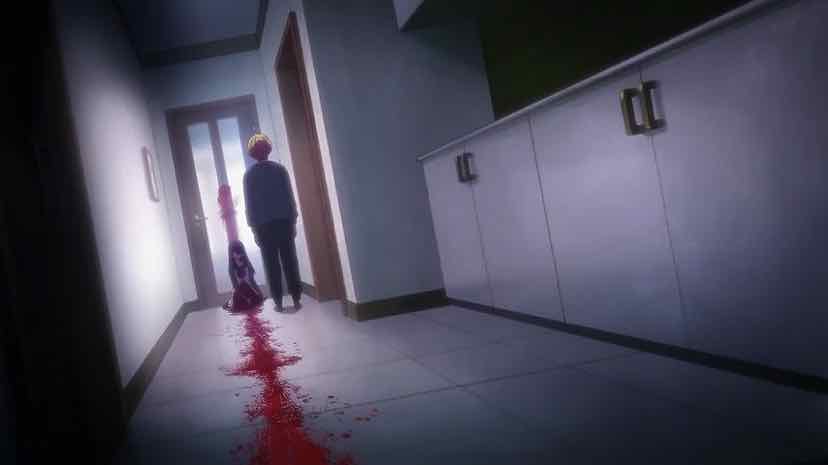 I confess I didn’t see that coming. Who is the father? It doesn’t really make any sense for it to be Kindaichi, unless the reason he took Himekawa in is because he knew the truth and felt guilty. And what’s the connection to Kaburagi, the producer – the lead Aqua was following that led him to “Tokyo Blade” in the first place? Himekawa Taiki has been a pretty opaque character despite his prominent role in the production, but now it’s clear that was a feint. What sort of guy is he, and how will he react to the bomb Aqua just dropped on him?
I confess I didn’t see that coming. Who is the father? It doesn’t really make any sense for it to be Kindaichi, unless the reason he took Himekawa in is because he knew the truth and felt guilty. And what’s the connection to Kaburagi, the producer – the lead Aqua was following that led him to “Tokyo Blade” in the first place? Himekawa Taiki has been a pretty opaque character despite his prominent role in the production, but now it’s clear that was a feint. What sort of guy is he, and how will he react to the bomb Aqua just dropped on him?


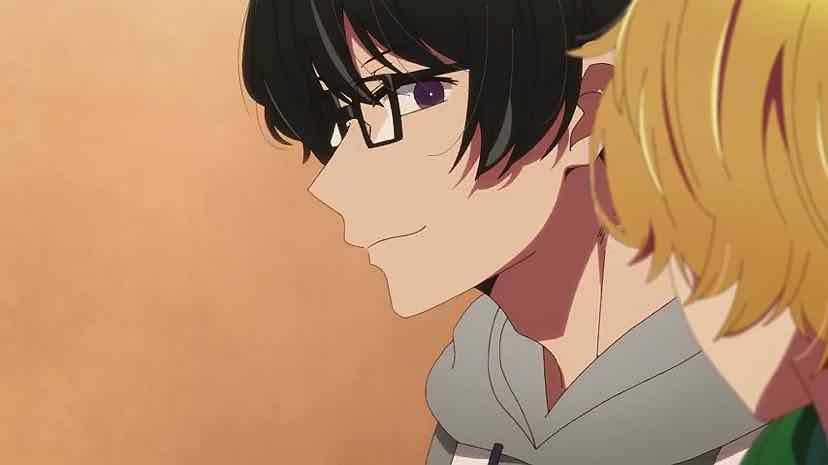
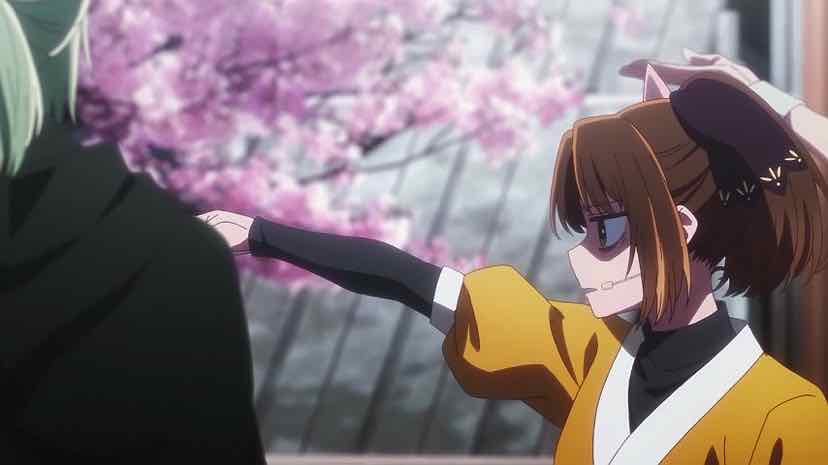
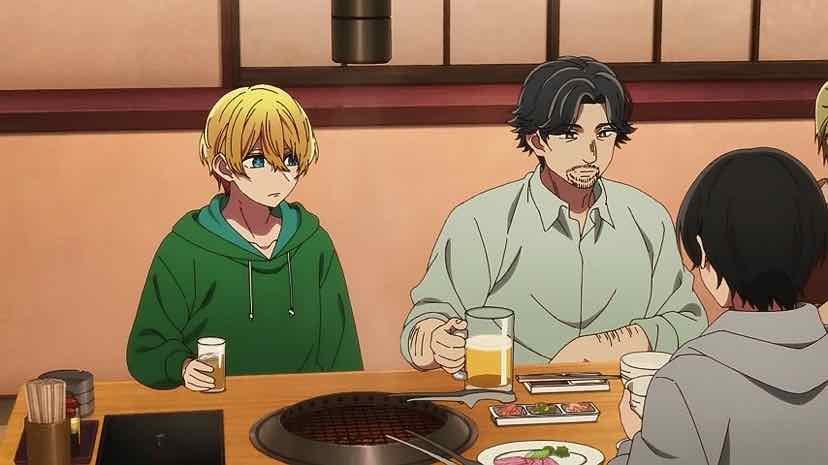
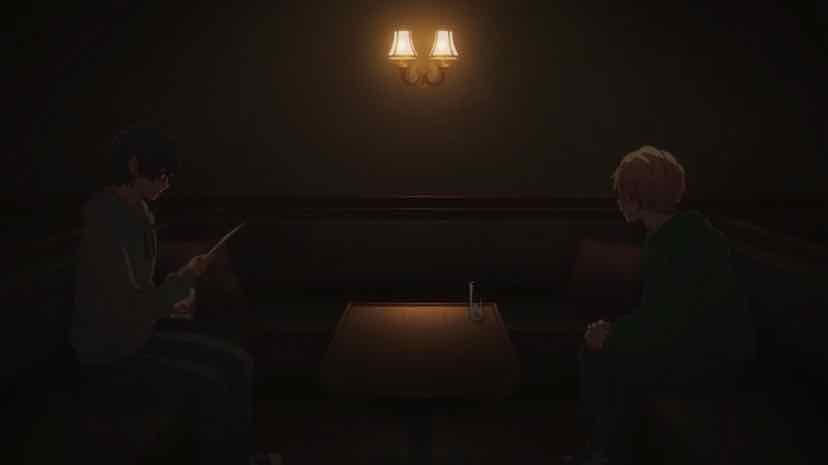
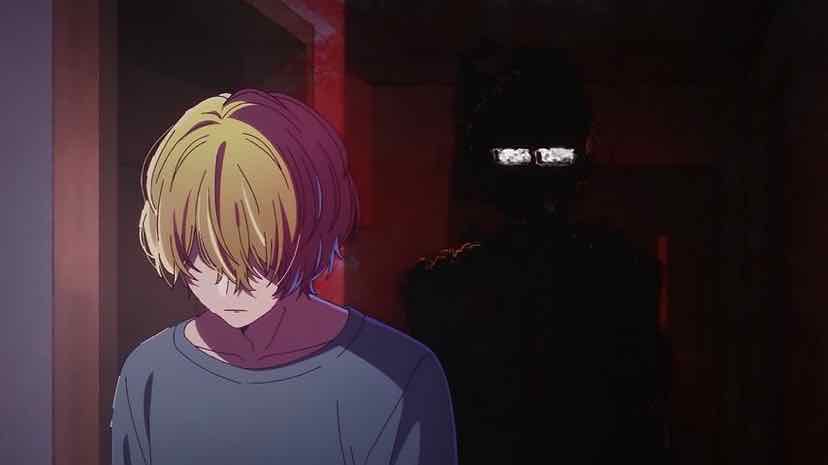
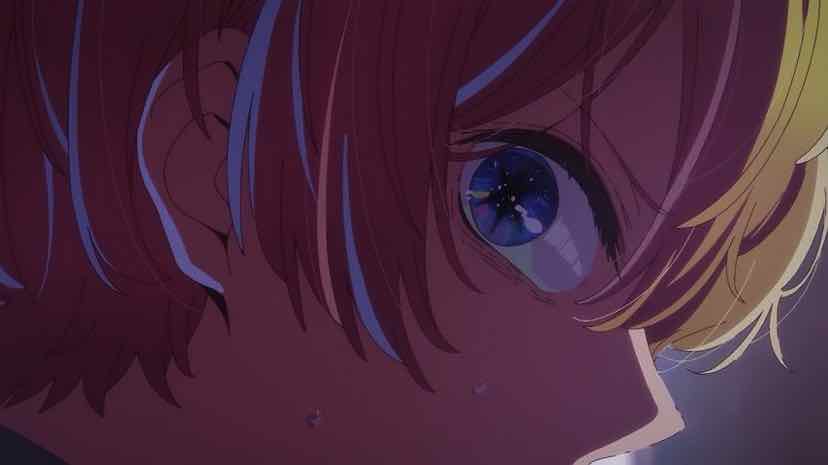
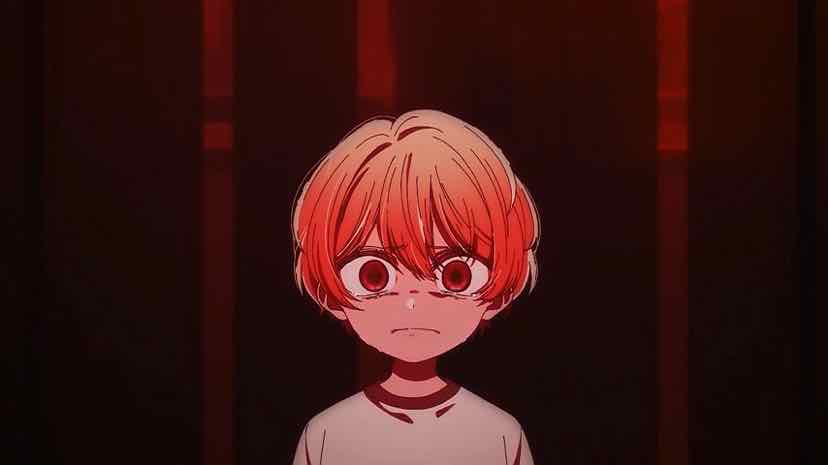
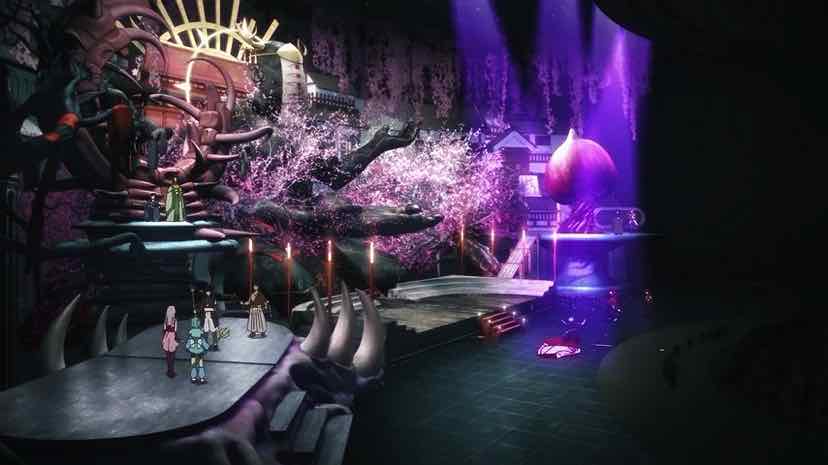
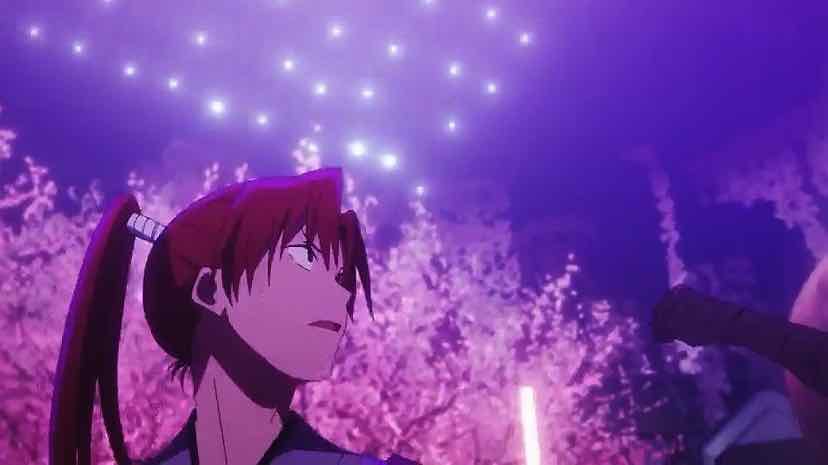
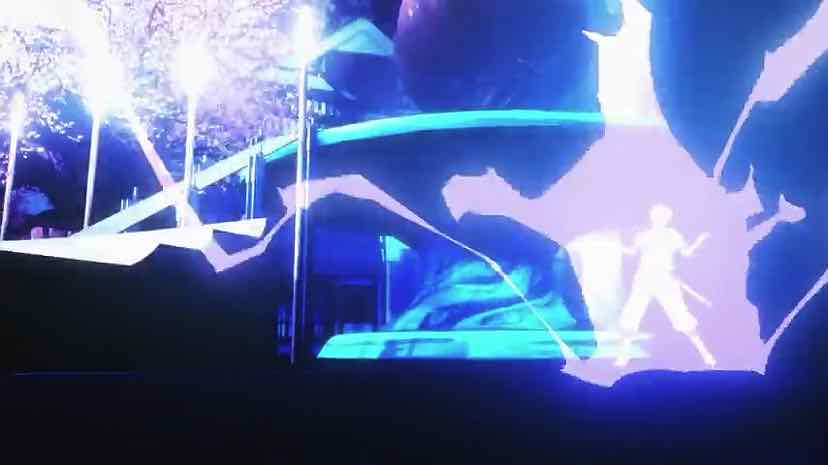
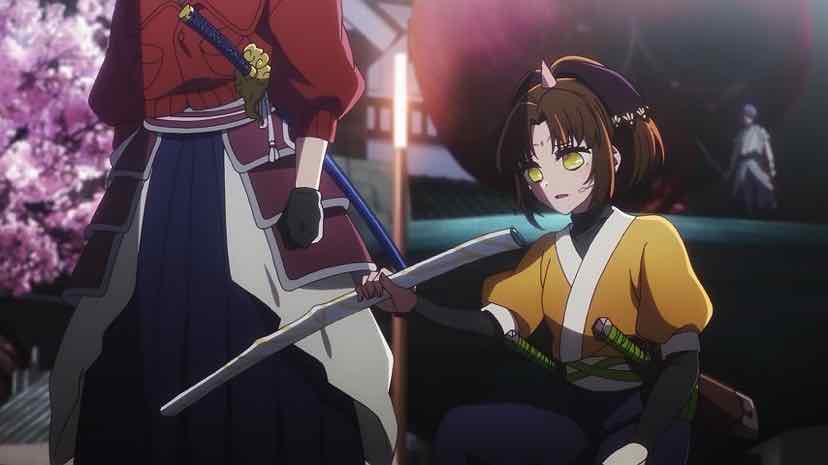
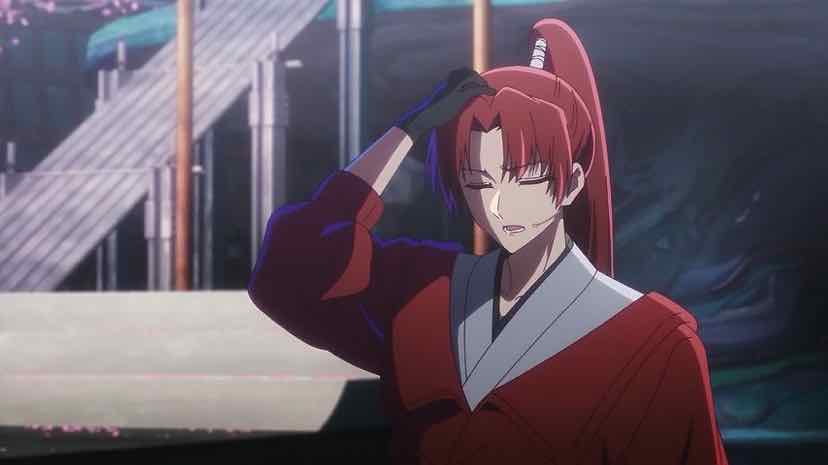
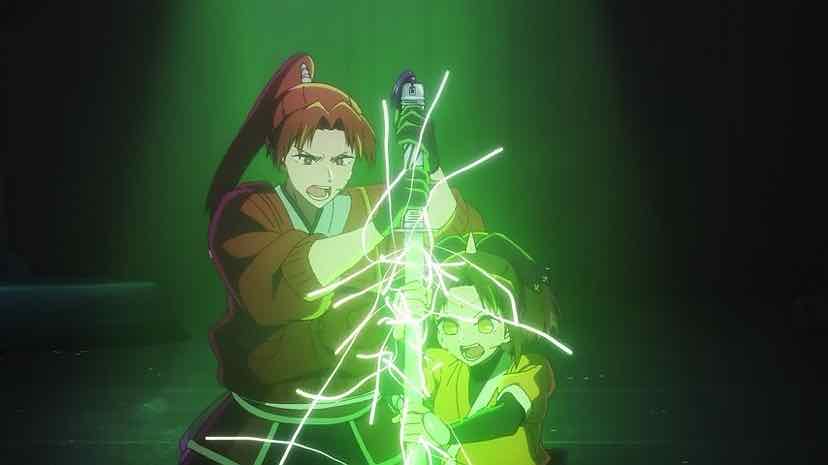
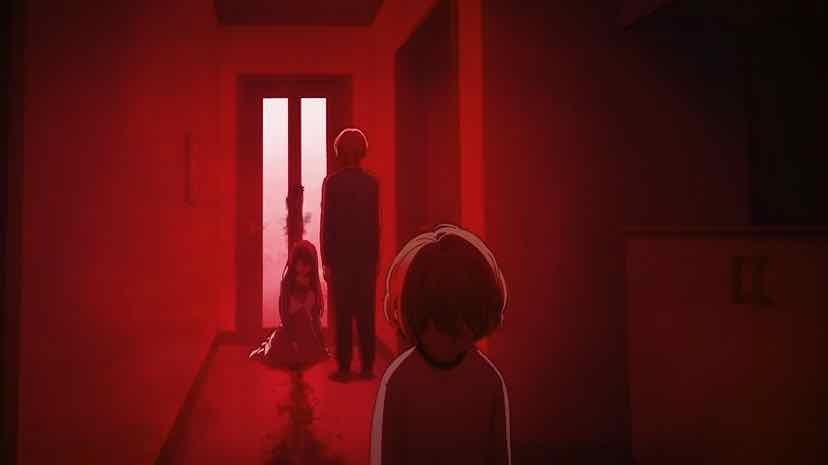
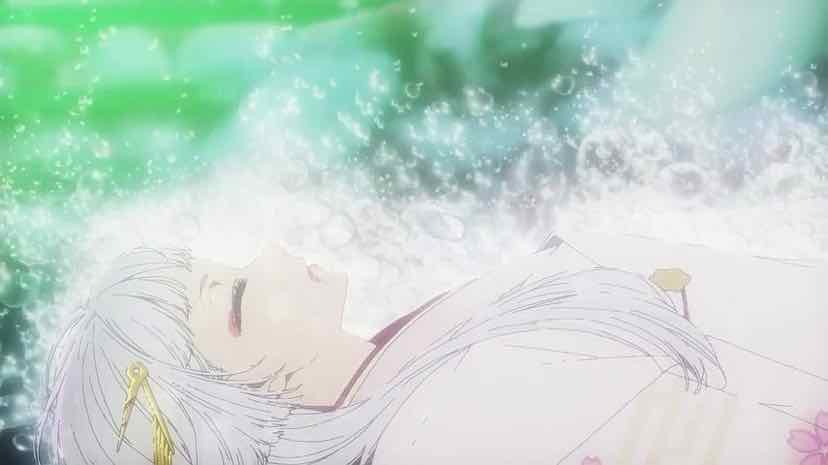
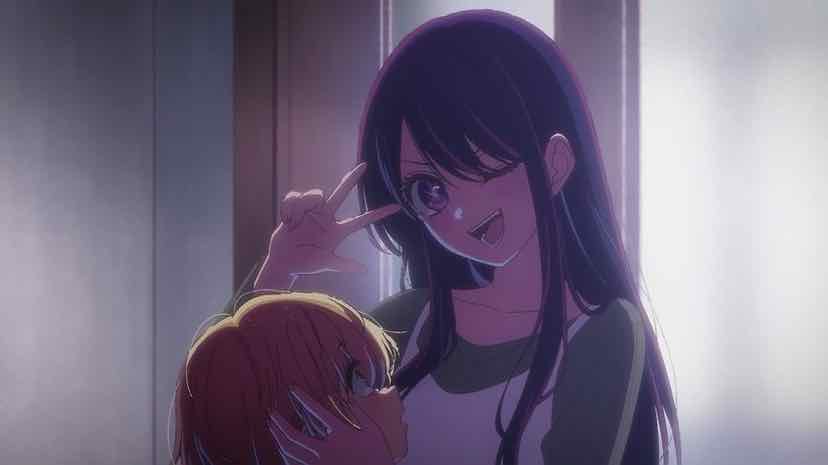
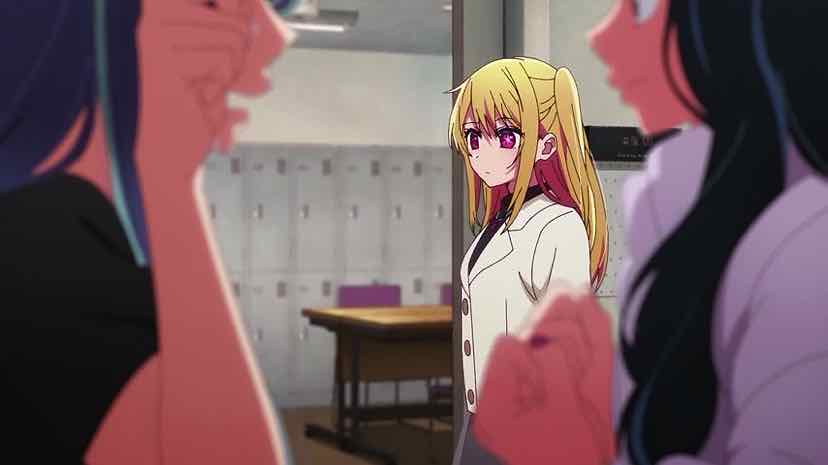
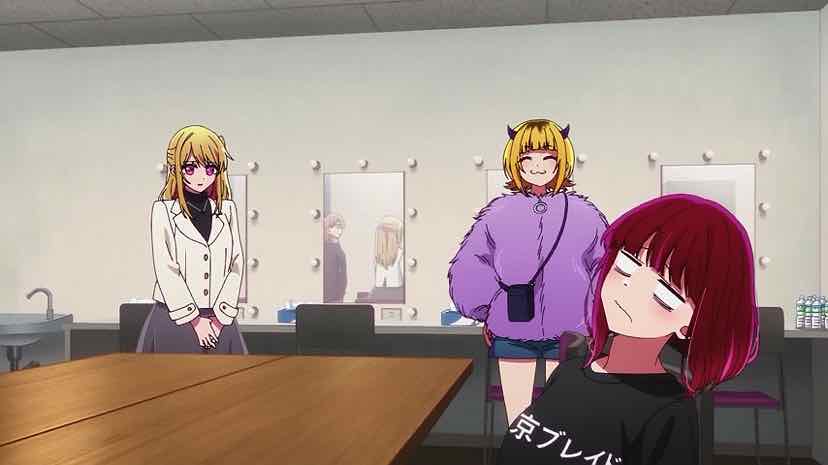
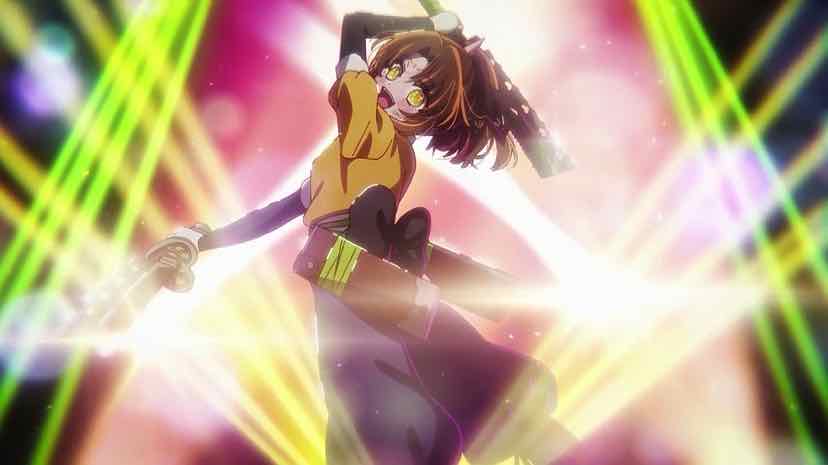
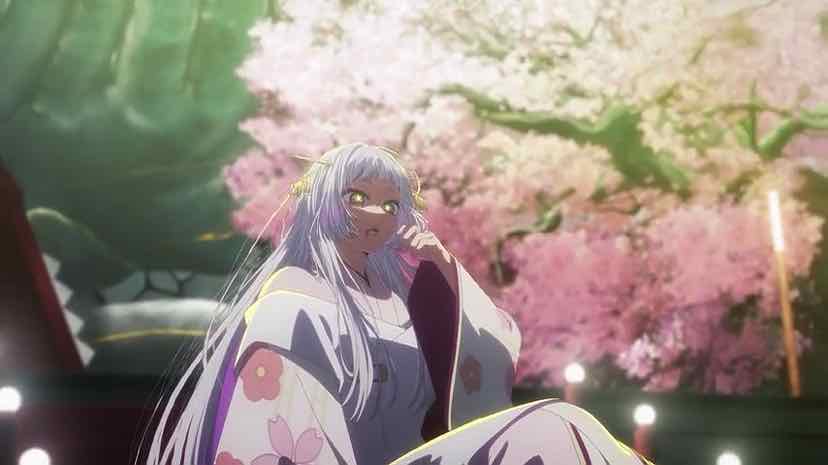
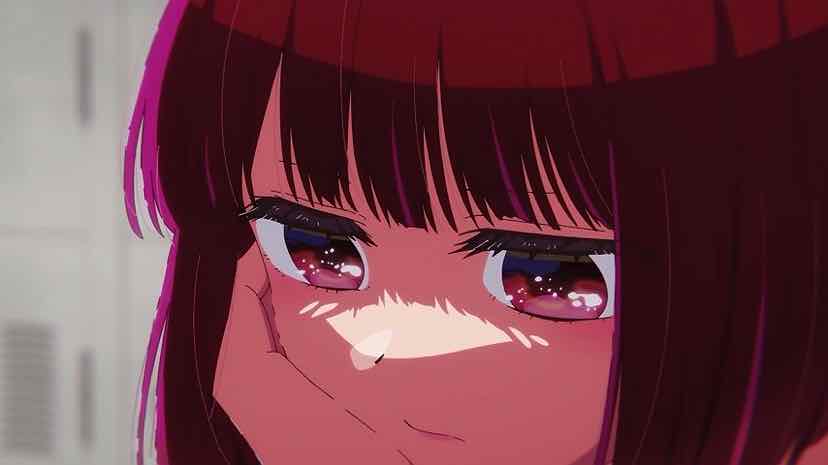
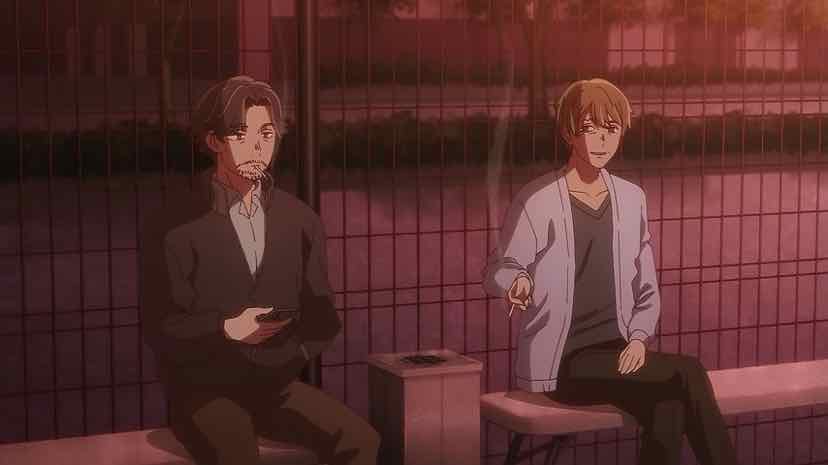
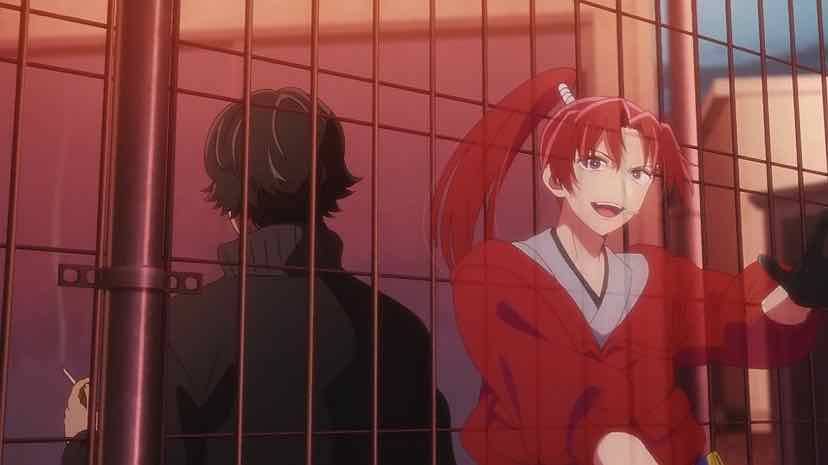
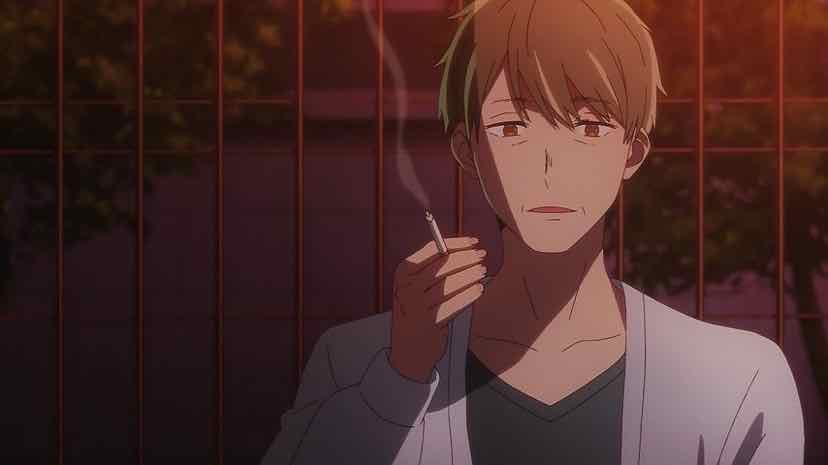
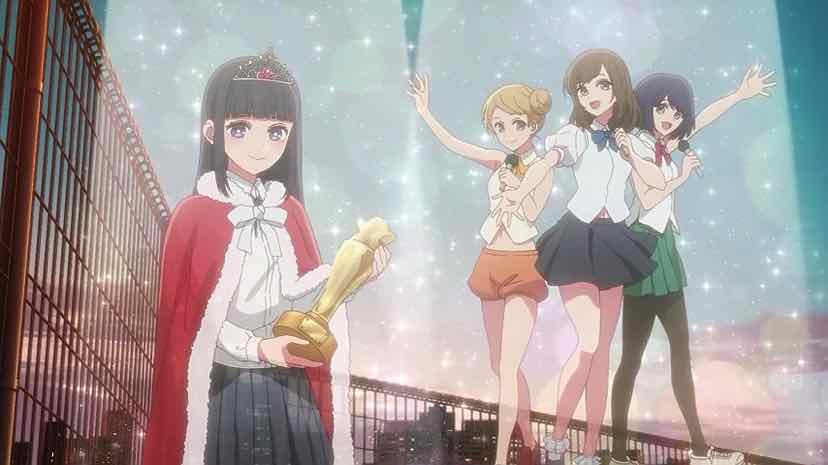
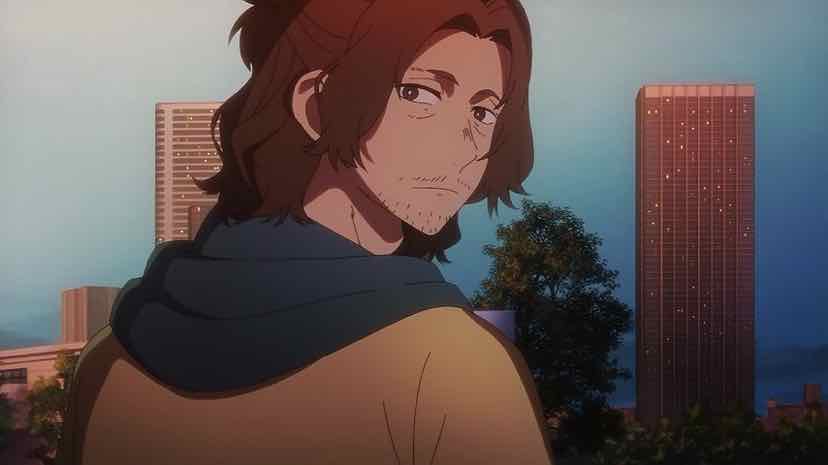
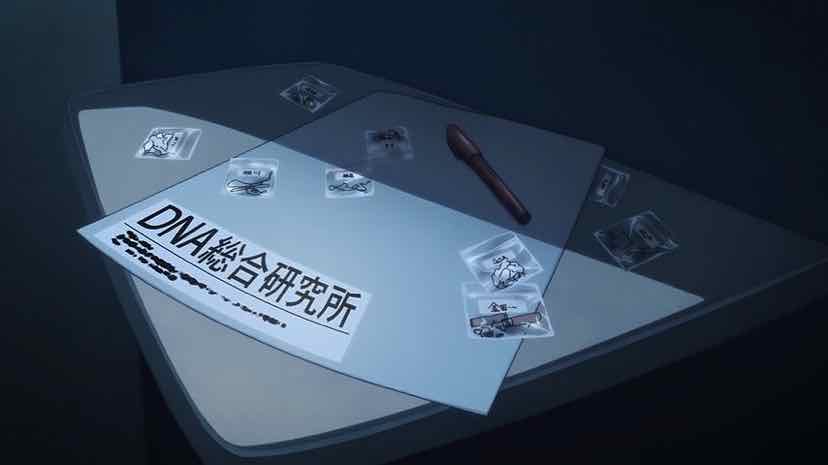
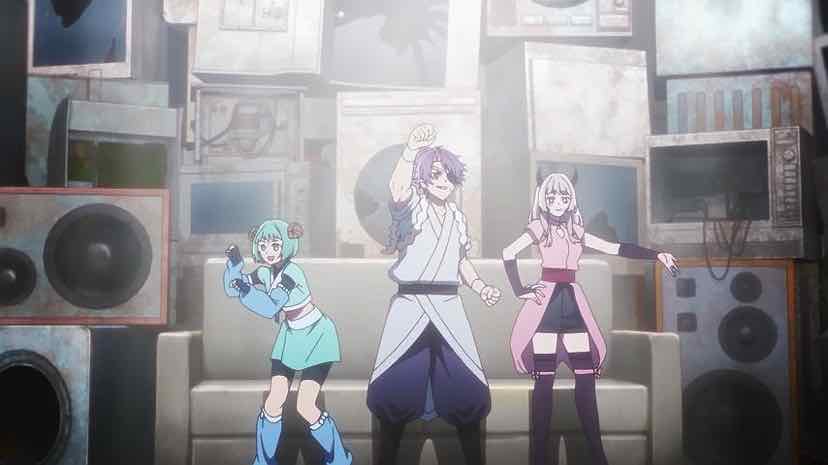
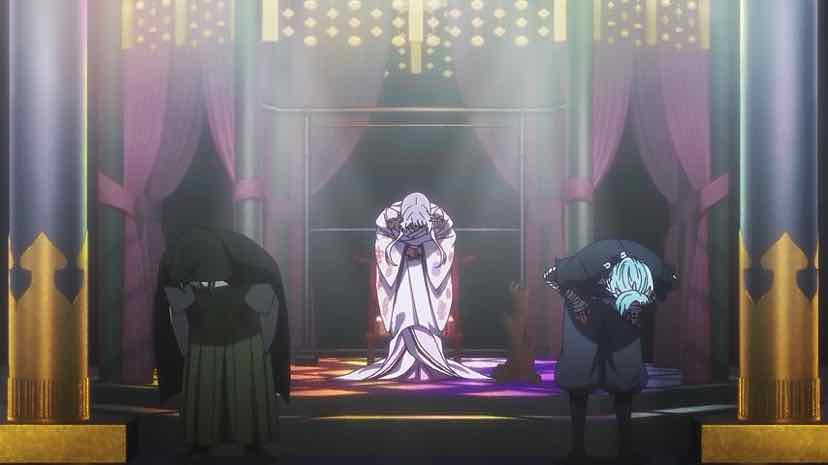
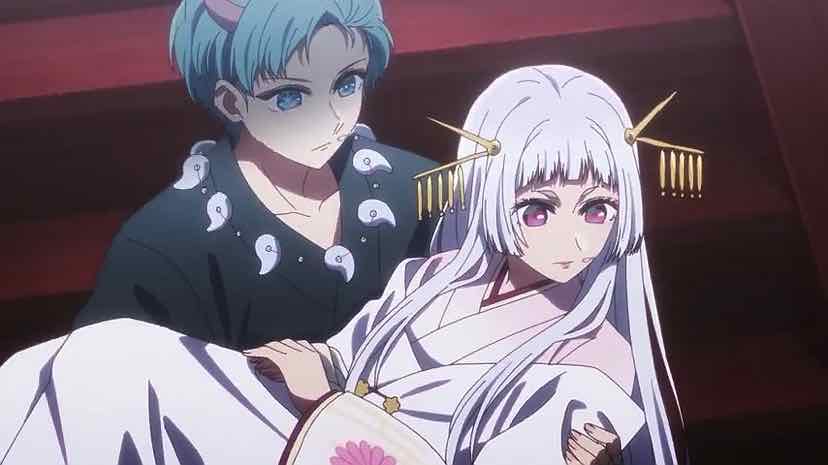
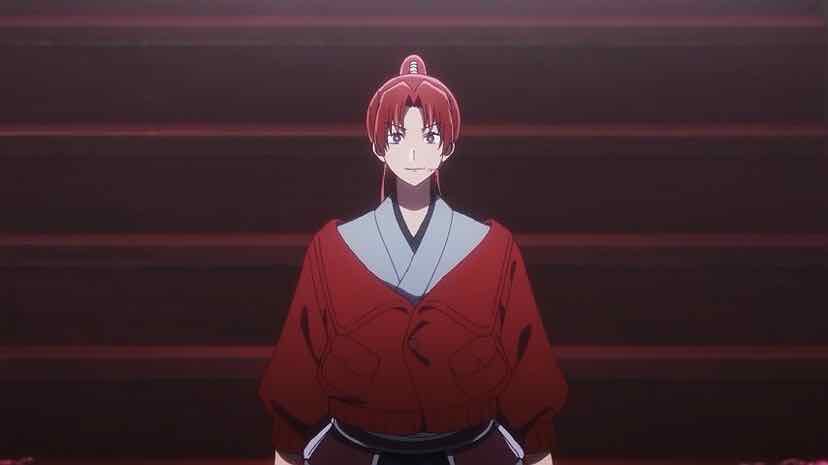
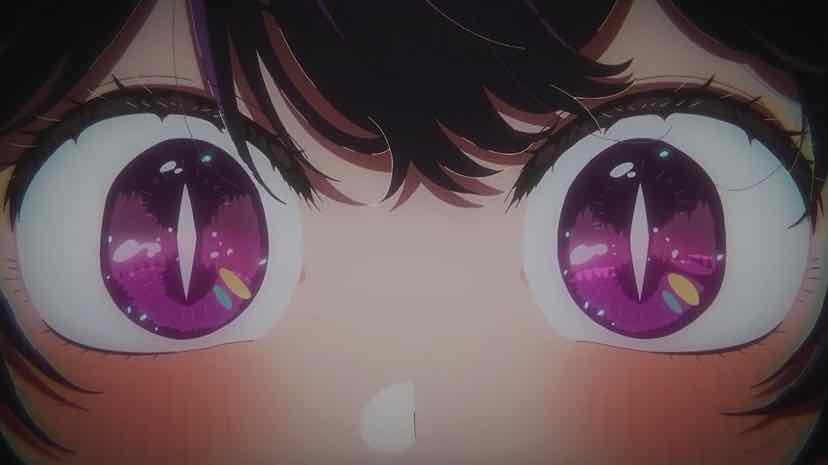
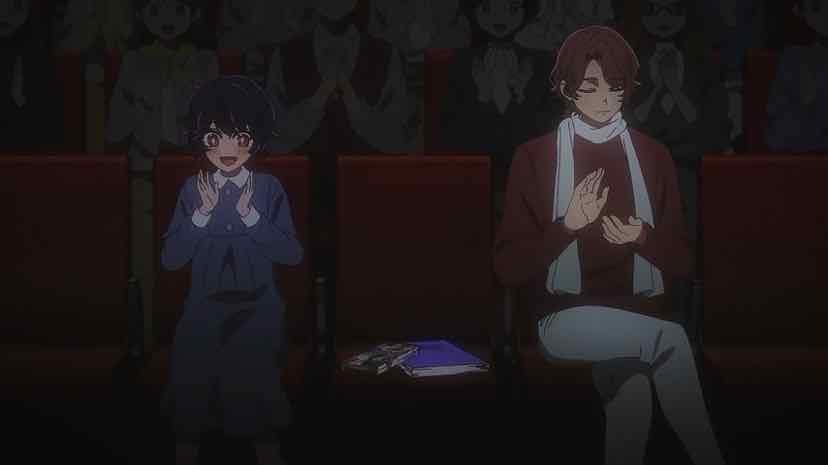
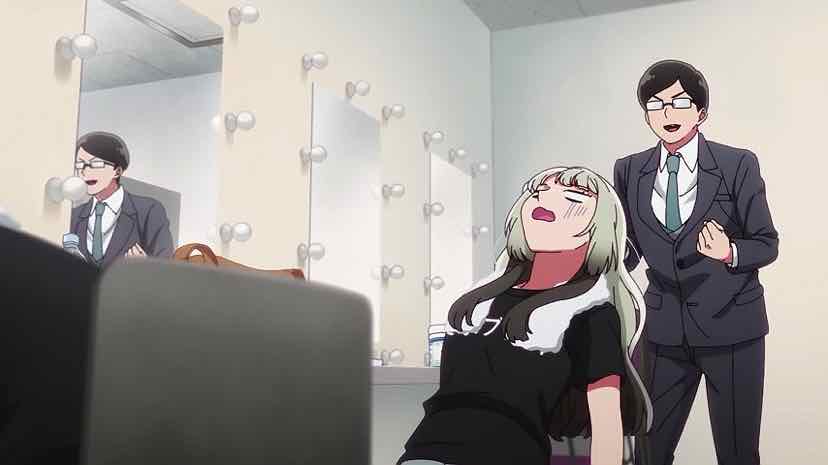
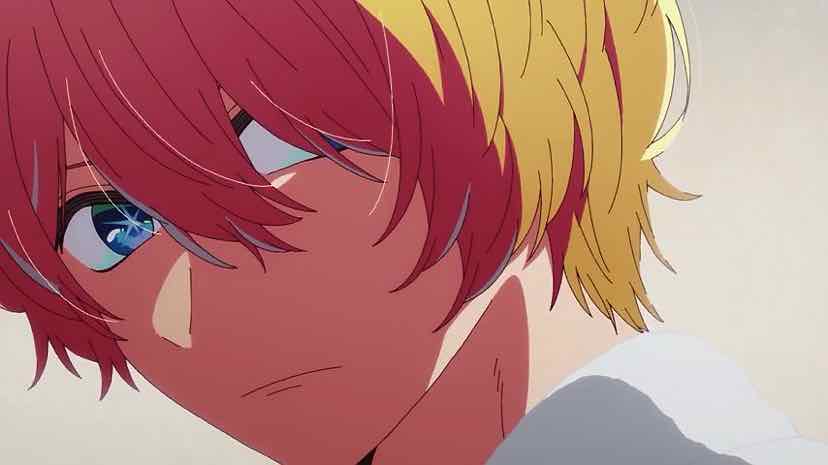
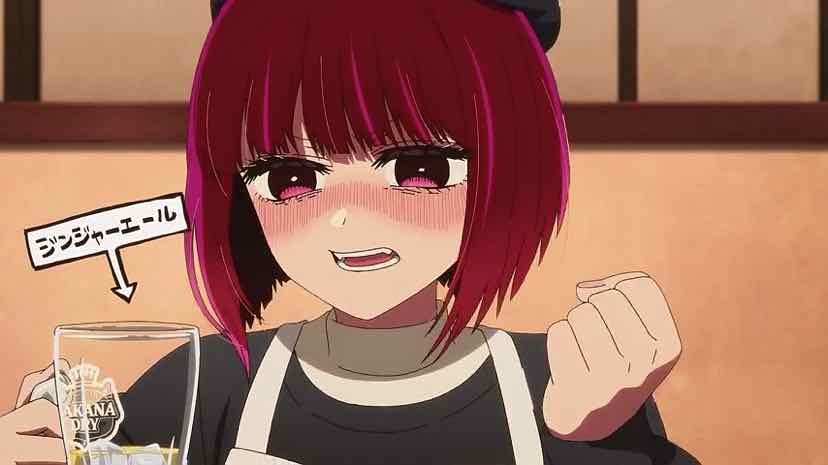
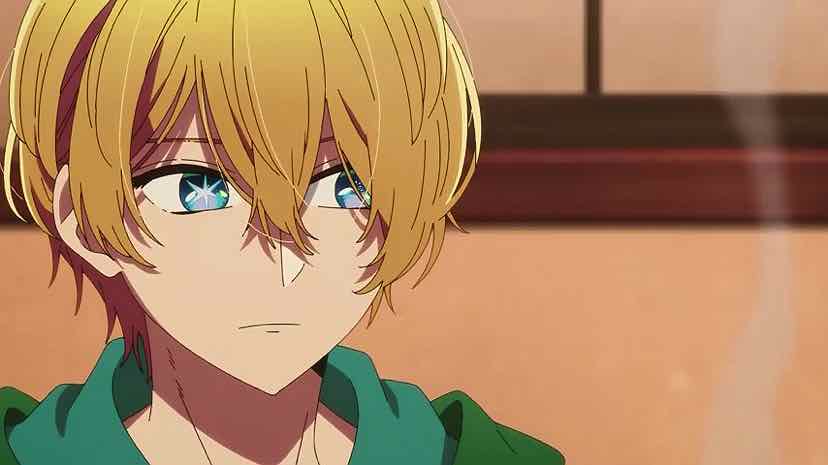
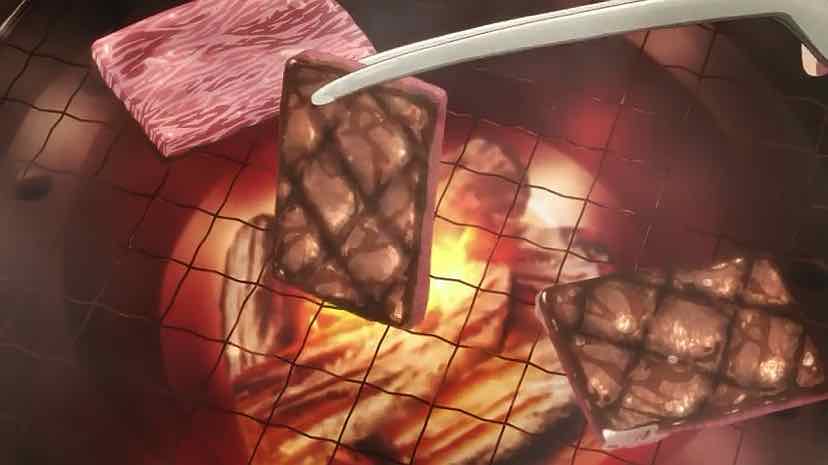
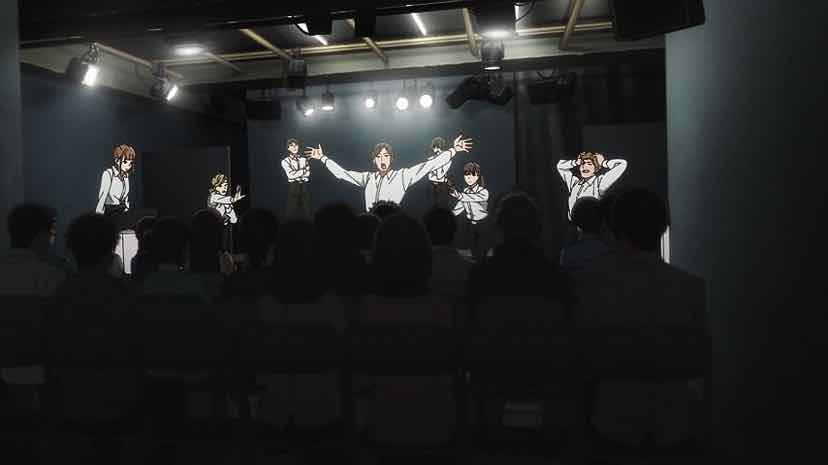
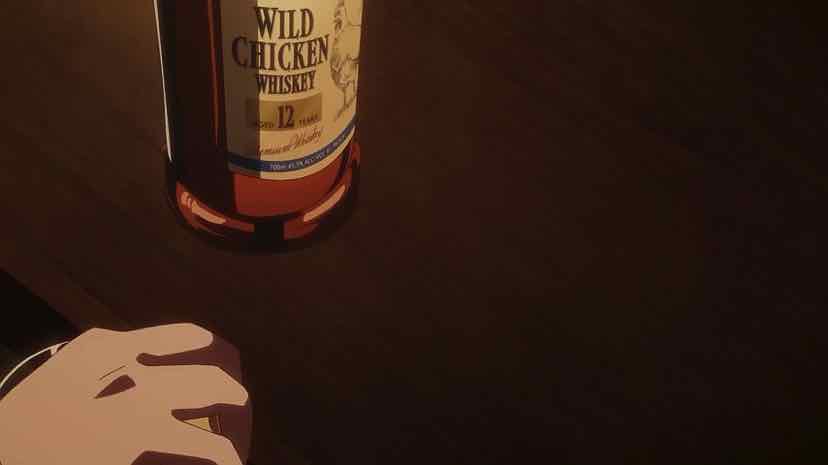
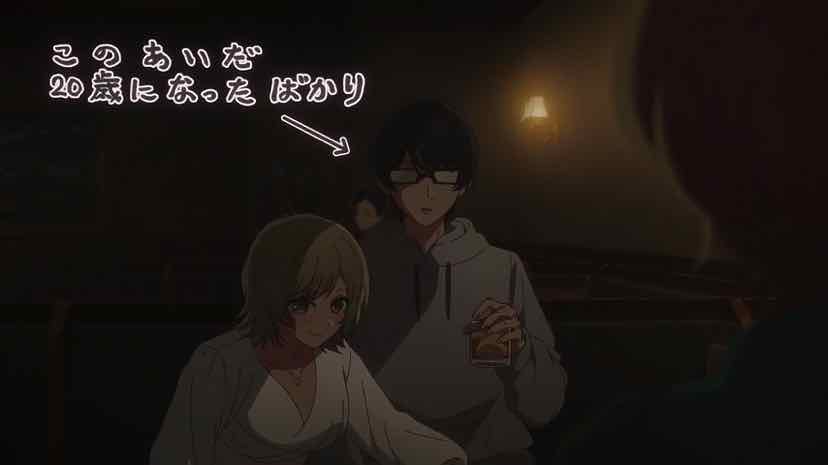
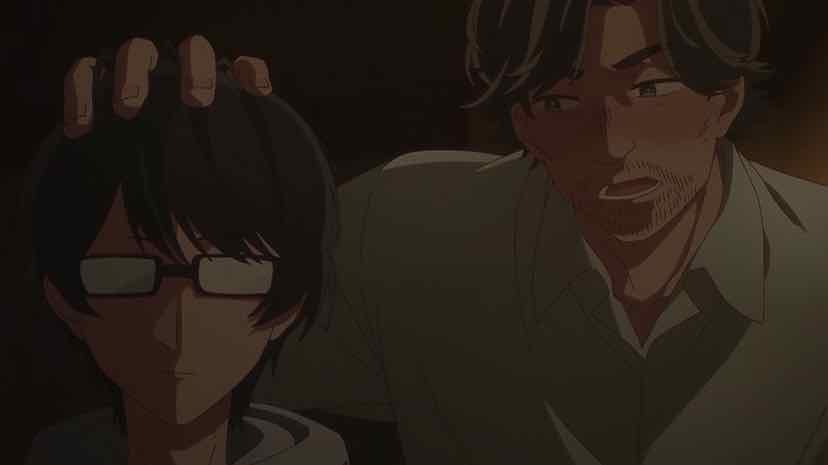
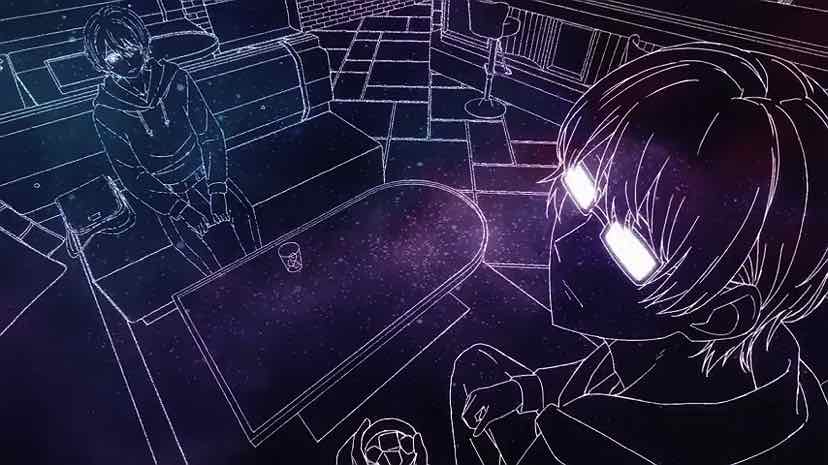
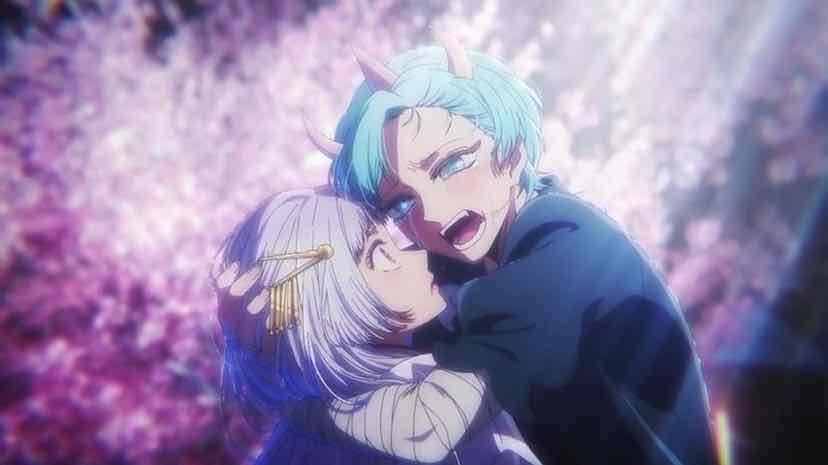
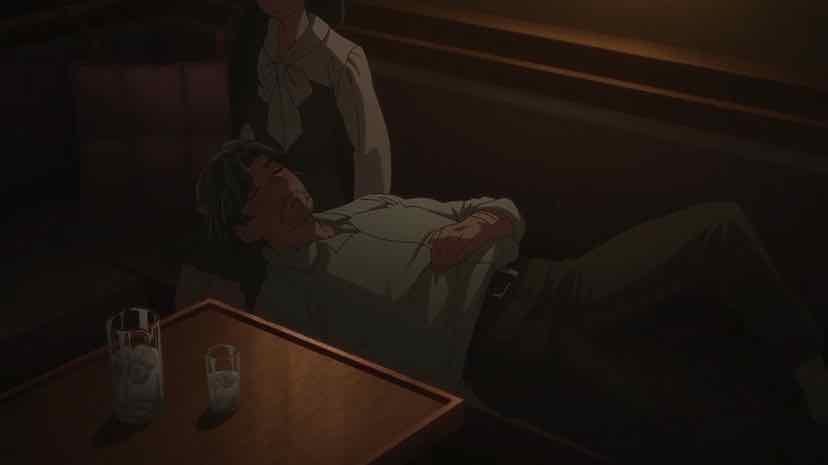
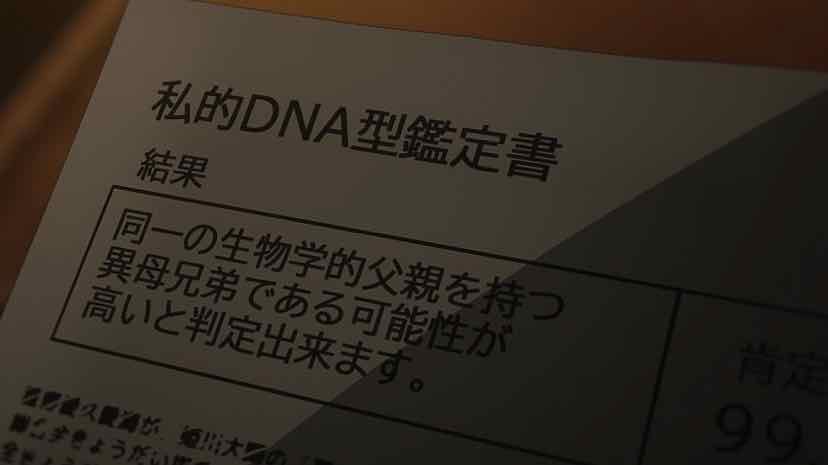
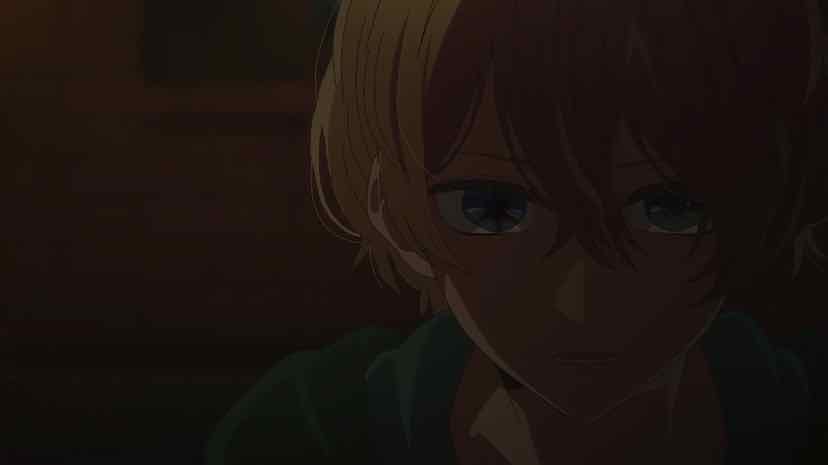
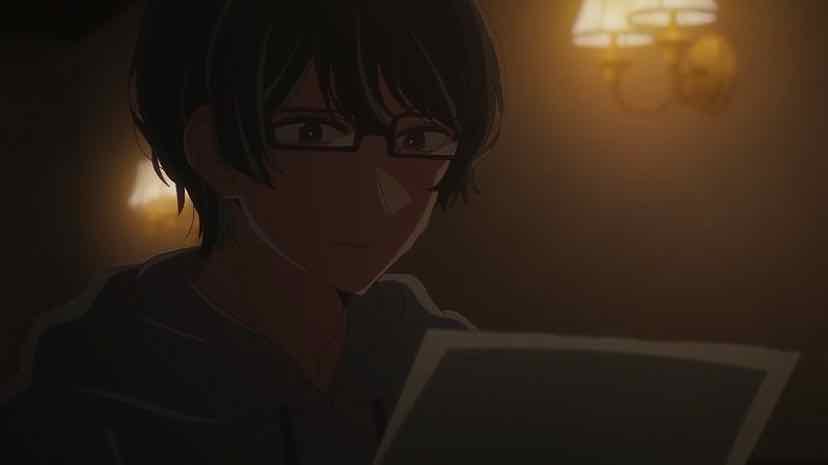
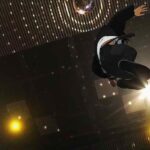

Bob
August 30, 2024 at 12:21 amI’m a bit let down, because I really wanted to hear current Aqua sobbing in relief instead of just child Aqua. This is my favorite moment of the series, where Aqua finally starts to address the pain and grief inside of him, but in the anime the sundae’s missing the cherry. Given the break next week and the fact that the same staff are working on OnK and Alya, I’m a bit worried about the production. But at the end of the day, the anime wonderfully elevated the manga, so I’m satisfied.
Joshua
August 30, 2024 at 1:30 amTo me, all of this stage play stuff is where I began getting tired by Akasaka’s constant “blurred lines” between reality and fiction, trying to show how clever he is with how the actions of the characters and how they act is mirroring that of real life and shit. It increasingly felt like he was patting himself in the back more and more out of his own self-satisfaction. And apparently, it’s not going to stop here.
What’s coming up next, I really doubt you’re going to be thrilled by. Since at this point moving forward, it becomes clear how much Akasaka becomes less interested in providing pointed industry critiques (putting these others characters that are not related to Aqua further into the background), and more focused on Aqua’s revenge scheme regarding his father, and well, it’s going to be either something that you will very much keep getting drawn into because of how ridiculously lurid it all gets, or getting utterly repelled by what amounts to pure shock value for the sake of it. There’s no middle ground here that not even the anime can “elevate”.
Let’s just say without spoilers that Akasaka looked at Johnny Kitagawa and believed that he can go one step further than that without even taking into consideration the effects and trauma that came from his years of constant abuse of his idols. And that all of the industry’s ills can be boiled down to a few bad men at the top.
Joshua
August 30, 2024 at 1:44 amAnd well, buried in my comments last is the fact that the reason why Tokyo Blade is the way it is, is to me like some kind of half-hearted author tract from Akasaka towards the unexpected explosive popularity of Kimetsu no Yaiba in 2020 (that had coincided with OnK’s circulation), that he couldn’t believe that such a generic swordfighting shonen became so popular and was determined to mock it at every turn, including showing its author to be an overworked woman (an allusion to Koyoharu Goutoge possibly being a woman) and control freak. Which only made the actual Tokyo Blade play unfolding feel all the more self-indulgent, and even petty, as if he wants us to look at how “fake” and “unoriginal” it is much like the rest of this series’ rants about oshi being filled with comforting lies.
Vance
August 30, 2024 at 2:06 amI didn’t expect Aqua and Taiki to be related as I thought it wouldn’t be later until the revenge plot clearly got more focus.
Taiki having black hair but Aqua having blonde hair means that both Ai and her baby dad have recessive genes for blonde hair. Thus, I can see a reasoning Ai might’ve been murdered now, and it could’ve been to prevent an incest scandal from breaking out.
Perhaps I’m mistaken, but I believe male stars are probably held to a different standard than female stars, so it shouldn’t be as much of a dealbreaker for them to be in relationship, and if that’s the case, there must’ve been something quite serious for her to be the target of murder.
I think it’s technically possible for Ai and her baby daddy to not be related, but I struggle to see why Ai would be murdered otherwise if they were an otherwise normal couple aside from them both being entertainers.
Rasu
August 30, 2024 at 8:52 amWhen talking about Genetics or logic, you shouldn’t trust manga to begin with. Mendel’s law aren’t even the top of the iceberg regarding Genetics and manga doesn’t even apply them in any way.
Collectr
August 30, 2024 at 10:40 amAnd in a very meta development: the Tokyo Blade Arc is getting a 2.5D theater adaptation: https://www.animenewsnetwork.com/news/2024-08-28/oshi-no-ko-manga-gets-stage-play-for-2.5d-stage-play-arc/.214883
Guardian Enzo
August 30, 2024 at 12:43 pmOf course it is.